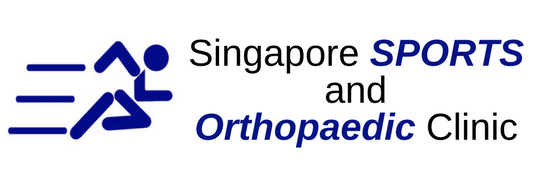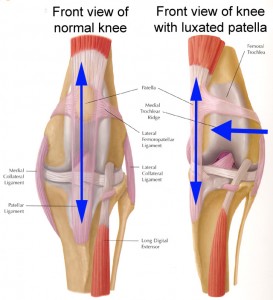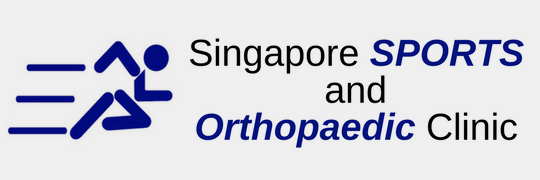What is Knee Dislocation ?
A knee dislocation is a kind of a knee injury. There is a complete disruption of the joint between the tibia and the femur. It may include complications such as injury to an artery around the knee and the artery behind the knee.
50% of the cases are a result of major trauma and the other 50% occur as a result of minor trauma. In many cases the joint reduces itself before a person arrives at the hospital.
Knee dislocations occur in about 1 per 100,000 people per year. Males are more often affected than females.Younger adults are most often affected.
Symptoms of Knee Dislocation
The usual symptoms of knee dislocation are the visible swelling and deformity of the knee joint. The lower extremity will often look shortened and misaligned, and any motion of the joint will cause extreme pain.
About 50% of all knee dislocations are repositioned prior to arrival at the hospital. This is complicated as it may result in even greater injury and an increased risk of issues, including:
- Damage of the peroneal nerve that runs along the outer edge of the calf
- Rupture of the popliteal artery and vein located at the back of the knee
- The development of deep venous thrombosis (DVT)
If a vascular obstruction is left untreated for more than eight hours, the chance of amputation is 86% compared to 11% if treated within eight hours.
Diagnosis
If a knee dislocation has occurred, the joint generally repositioned upon arrival at the emergency room. Once reduced, the doctor will carefully observe the surrounding tissues, nerves, and blood vessels.
Because of the extreme nature of the injury, the surrounding ligaments will invariably be damaged. In almost every case, both the anterior cruciate ligament (ACL) and posterior cruciate ligament (PCL) will be torn or ruptured. In addition, the collateral ligaments, cartilage, and meniscus may also experience damage.
X-rays or a CT scan would be used to evaluate the nature and position of the misaligned bones. Magnetic resonance imaging (MRI)—a technique far better at visualizing soft tissues—may be ordered to characterize the damage done to ligaments, cartilage, and tendons prior to surgery.
To evaluate vascular obstruction, your doctor may order a CT angiogram in which an iodine-based dye is injected into a vein to map the blood flow. A Doppler ultrasound can also be used to assess arterial blood flow.
Nerve damage, experienced in anywhere from 25 percent to 33 percent of knee dislocations, can be initially assessed with a physical exam to check for abnormal sensations or the impairment of foot movement either internally or externally.
Knee Dislocation Treatment
In the early stages of treatment, the priority is to minimize any damage caused to the blood vessels or nerves. When these issues have been addressed, attention can be turned to the structural tissue damage.
In almost all cases, surgery is required, often to repair multiple ligament injuries, meniscus tears, and cartilage damage. Arterial injuries may require the direct repair of the affected vessel, an arterial bypass, or an embolectomy to remove a clot.
The surgery may be performed as an open or arthroscopically. Nerve damage may require the expertise of a neurologic surgeon. It is common, for a knee dislocation to require multiple surgeries. Efforts may also be made to restore lost cartilage with advanced techniques such as cartilage implantation or cartilage transfer.
Complications of knee dislocation surgery, include chronic stiffness, instability, and postoperative nerve pain. Joint malformation and infection are also possible.
Sticking to an extensive physical therapy and rehabilitation program is considered important to restoring near-normal to normal knee function.
Knee Dislocation Consultation in Singapore
We at Singapore Sports and Orthopaedic Clinic do provide treatment for knee dislocation so please feel free to contact us. We are closely working with more than 35 Insurance companiescompanies for cashless payments. We are an
Accredited Specialist Clinic. E-filing facility is also available here.






